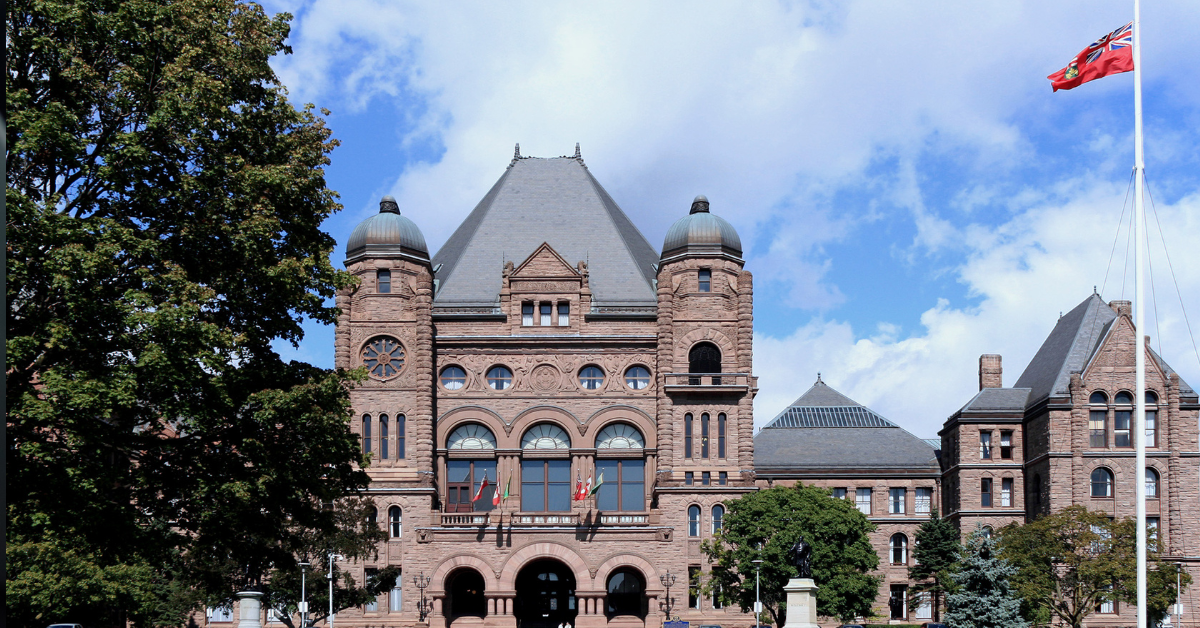An end of year review of your personal and corporate finances is a good idea in any year. In 2020, given the COVID-19 pandemic and subsequent plethora of Federal Government support programs make it obligatory this year! It is difficult to anticipate what the Canadian tax landscape will look like in 2021, but the Liberal Government has shown a willingness to extend, update and alter support programs based on the course of the pandemic and its impact on business owners and individuals. While tax planning should be a year-round process, here are some common year-end tax planning strategies you may be able to take advantage of to maximize your tax savings. Professional tax advice is vital to the proper implementation of some of these strategies. If you have any questions about these or any other tax planning strategies, please contact your Bateman MacKay LLP Business Advisor for more information.
For Business Owners
Government Support Programs
Ensure that you have applied for and received any government support you may be entitled to
- Canada Emergency Wage Subsidy (CEWS) provides a subsidy of up to 85% of eligible remuneration that was paid between March 15 2020 and June of 2021 if the company has suffered a decrease in revenue.
- The Temporary Wage Subsidy (TWS) provides a subsidy of up to 10% of remuneration paid between March 18 and June 19, 2020. This subsidy is collected by reducing payroll remittances and can be transferred to 2021’s remittances if a company has not yet applied.
- The Canada Emergency Business Account (CEBA) provides partially forgivable loans to businesses. Business owners must be aware that the full amount of the forgiven portion of the loan will represent taxable income of the business.
- The Canada Emergency Commercial Rent Assistance (CECRA) and Canada Emergency Rent Subsidy (CERS) provide support for corporate landlords and businesses respectively.
Compensation Mix
There are different benefits to consider when deciding between receiving a salary or dividends.
Salary
- A salary of $154,611 will provide the maximum in RRSP room for 2021.
- Salaries can reduce your corporate tax liability.
Dividends
- Do not require income tax withholdings or CPP and EI contributions nor do they attract Ontario Employer Health Tax.
- If your only source of income is ineligible dividends, paid out of corporate earnings taxed at the small business rate, you can receive up to $50,000 in 2020 and enjoy an average tax rate of 9.7%.
Tax on Split Income (TOSI)
One of the most significant and complex changes to the Canadian Income Tax Act in recent years is the tax on split income. The changes require a family member to be actively engaged in the company to split income. If not, the income can be taxed at the highest marginal tax rate. Income splitting has become exceedingly complex and if you are considering this strategy, tailored professional tax advice is crucial. Prior to year-end, you should revisit with your tax advisor any existing dividend sprinkling/income splitting strategies.
Capital Asset Purchases/Sales
Consider purchasing capital assets and putting them to use before your business’ year-end. Such an investment enables a capital cost allowance claim. If you have plans to sell capital assets, delaying until after your year-end will allow you to claim the capital cost allowance for an additional year.
Individual Pension Plan
If you own a business that is incorporated, you can consider forming an Individual Pension Plan (IPP). An IPP is a defined benefit registered pension plan; it is sponsored by your company and designed for you as the only member. Generally, IPPs have only one plan member, but certain family members may also participate if they are employees of the company. This plan enables both year-end corporate income tax deductions combined with structured retirement planning.
Salaries and Bonuses to Family Members
If you own a business and your spouse or children work for you, and they have low income in 2020, consider paying those family members salaries or bonuses before year-end. These payments must be reasonable and commensurate with the services they performed, and they must be paid within 180 days of your business’ year-end for the amounts to be deductible in the current fiscal year. If the person receiving a bonus has not reached the maximum RRSP contribution for 2020, the bonus may create additional room to contribute to their RRSP in 2020.
Will/Succession Plan
Succession planning is a critical component of protecting and preserving the value of your enterprise. A strong, tax-efficient plan requires a well-designed, customized and multi-disciplinary approach. If your plan includes family members inheriting your business, consult your Bateman MacKay LLP account manager to ensure your plan will not be impacted by various tax changes. If your plan has not been updated in over 5 years, it may not be as tax-efficient as possible and a review should take place.
For Everyone
Home Office Deduction
With so many Canadians working from home due to the pandemic, many people will be eligible for home office expense deductions for the first time. The Canada Revenue Agency (CRA) will permit simplified home office expense deductions. Employees working from home will be allowed to deduct up to $400 (calculated using an unspecified rate per day at home) with no requirement to track or report detailed expenses. A T2200 will generally not be requested. Further details from the CRA are expected shortly. It is unclear if this is a maximum amount allowed regardless of if they are entitled to a larger amount or just a simplified claim for those who do not submit a detailed home office expenses on their personal tax return.
Canada Emergency Response Benefit Tax Payments
Recipients of the Canada Emergency Response Benefit (CERB) should know that income received from the program will be included as taxable income for 2020. This is also the case for EI and the Temporary Emergency benefits implemented in the fall:
- Canada Recovery Benefit (CRB) – $400 a week for Canadian residents who cannot work due to COVID-19.
- Canada Recovery Sickness Benefit (CRSB) – $500 a week for workers who must self isolate due to reasons related to COVID-19 and do not have a paid sick leave program.
- Canada Recovery Caregiving Benefit (CRCB) – $500 per week for up to 26 weeks per household for Canadians unable to work because they must care for a family member due to COVID-19.
$500 per Employee Home Office Reimbursement
In April, the Canada Revenue Agency (CRA) announced that reimbursement of up to $500 for personal computing equipment, required to enable an employee to work from home, would not be a taxable benefit. In late October, the CRA announced that it was extending this description to include home office equipment, not just computer equipment, purchased by employees.
Charitable Donations
A charitable donation must be made on or before December 31, 2020, to a qualified charity to be eligible for a 2020 tax credit. In Ontario, 20.5% of the first $200 donated plus 40.16% of any amount above $200 is eligible for a tax credit.
RRSP
You have until March 1, 2021, to contribute to your RRSP or a spousal RRSP to be able to deduct the amount on your 2020 return. If you have contribution room, (18% of earned income up to a maximum of $27,230) contributing before December 31, 2020, helps to maximize the tax-deferred growth in your plan.
If you expect to be in a lower tax bracket next year and receive a year-end bonus, consider deferring the receipt of your bonus to early 2020. You may also request the bonus, or a portion of the bonus, to be transferred directly into your RRSP to prevent the withholding of taxes, if you have enough unused RRSP deduction room in the year of the transfer.
RESP
If $2,500 is paid into an RESP in the calendar year, the federal government will match 20% to a maximum lifetime Canadian Education Savings Grant (CESG) of $7,200. The income earned on the CESG and contributions within the RESP are taxed in the recipient’s hands upon withdrawal, who will likely have a much lower marginal tax rate.
TFSA
Contributions of up to $6,000 for 2020 and any unused contribution room from 2009-2019 can be made to the TFSA. The TFSA allows for tax-free investment income including interest, dividends and capital gains, which may result in higher growth compared to a regular taxable account. Tax-free withdrawals can be made at any time, but caution that any amount withdrawn is added back to your contribution room on January 1 of the following year.
Investment Tax Loss Selling
If you have sold shares and realized a gain in 2020 (or in the prior 3 years), consider selling shares in your portfolio that have unrealized losses to offset the tax implications of the gain. Seek professional tax advice to ensure this loss is not denied, should you reacquire the shares you sold.




